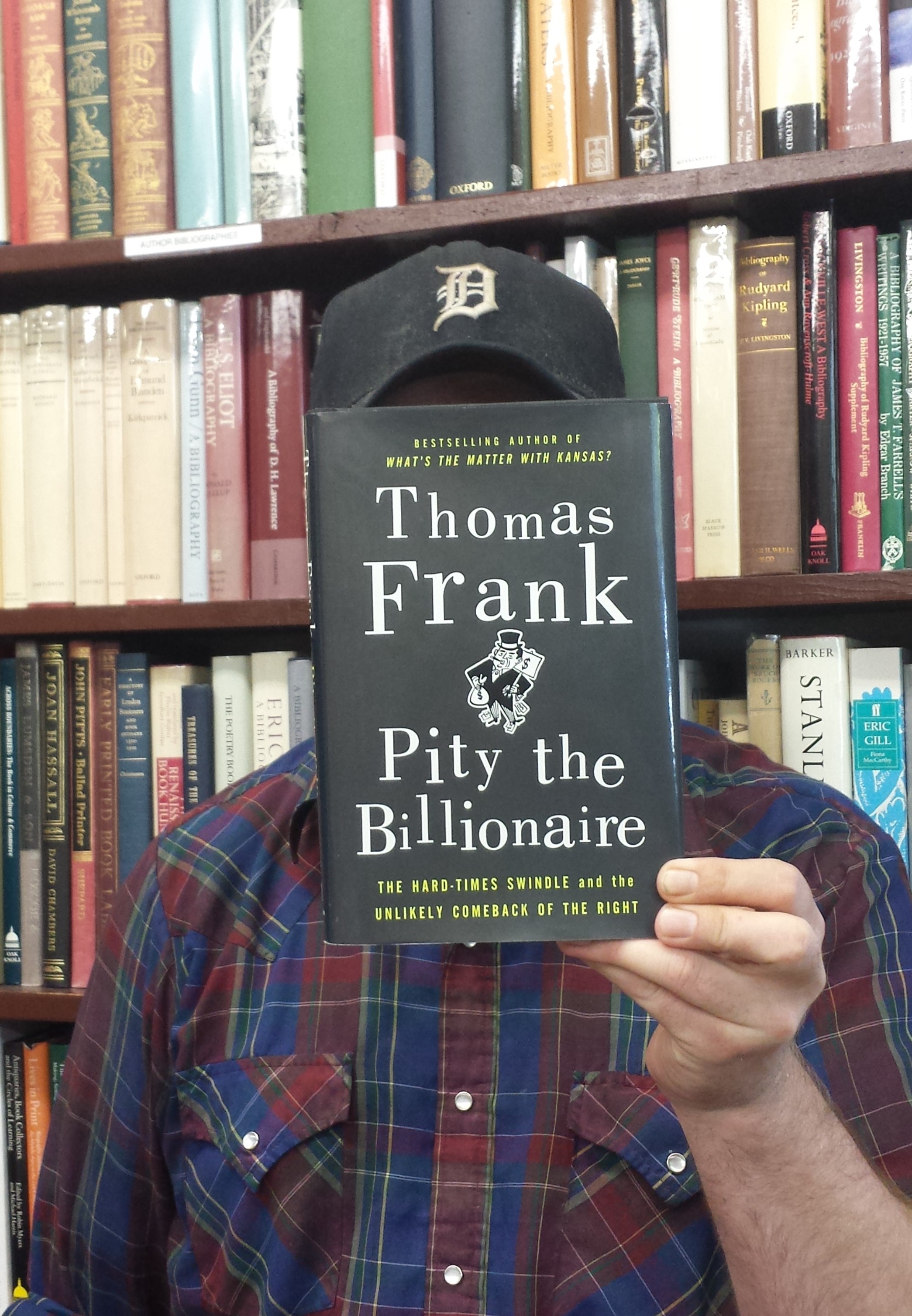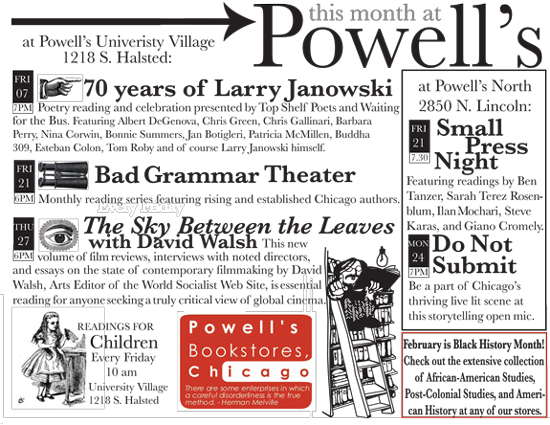White Jazz

“Dish duty – a lilt to her hands – maybe background music. Smiling – a face almost mine, but gentle. I hit the horn-” James Ellroy, White Jazz
James Ellroy’s White Jazz may be one of the most difficult books that I’ve ever read, but by the last pages, it was also one of the most rewarding. The book follows Dave Klein, a true thug sheltered in the LAPD at the tail-end of 1950’s corruption. You follow his brutal story, as he slowly becomes entangled in a murky conspiracy that involves the most powerful in LA with the most wretched remnants of prohibition-era America. And somehow, eventually, you’ll care about that awful Dave Klein, as Ellroy takes you on his road down something close to redemption.
Now, here’s why I think this book is difficult, but still worth your time. For one thing, I didn’t read all three of the books preceding this one, which serves, really, as the climax of his L.A. Quartet, which includes: Black Dahlia, The Big Nowhere (which I read and did love), and L.A. Confidential. The good thing is that Dave Klein is a new character and just as in the dark as you will be about some of these happenings if you haven’t read the previous books. The bad thing is that some of the characters and moments probably would have been more satisfying if I had read the whole series.
But if you can get past that hurdle, you might find the prose itself cumbersome and, for some, unreadable. White Jazz is told from Dave Klein’s point of view, some would call it stream-of-consciousness. But I would describe it, I feel more accurately, as a torrential downpour-of-brutal staccato bursts-consciousness (I’m copyrighting that). The prose here is terse and cut in tight short sentences. The legend is that the book was originally 900 pages long and that the publisher complained. In response (as the story goes) Ellroy cut adjectives, verbs, articles, etc. until he had the present version at just over 300 pages. And the book does feel like it’s been cut, a narrative told in shreds.
When beginning the book, I thought that I couldn’t get through it, that the minimal prose was just too much (ha). But then something happened. The story became too interesting for me to stop. The hard-boiled elements just got harder. And then I began to realize what type of portrait I was really getting of the conflicted soul of Dave Klein, and how the sliced-narrative was really the only way his story could be told, one marked with quick aggression and constant doubt and simple, but beautiful, humanity. White Jazz is a difficult book but well worth the trouble, friends.
Ellroy, James. White Jazz. Vintage. Paperback, octavo. List price: $14.95. Our in-store price: $5.95.
Timothy works proudly at our University Village store. He teaches, writes, edits, and is cute too, some say.
Staff Review of the Week highlights some of our favorite picks from the stacks. Come to any one of our three retail locations and talk to our interesting and knowledgeable staff about books!
Pity the Billionaire: The Hard-Times Swindle and the Unlikely Comeback of the Right

In his introduction to Pity the Billionaire: The Hard-Times Swindle and the Unlikely Comeback of the Right, political commentator Thomas Frank states that “there is nothing really novel about the idea that free markets are the very essence of freedom. What is new is the glorification of this idea at the precise moment when free-market theory has proven itself to be a philosophy of ruination and fraud. The revival of the Right is as extraordinary as it would be if the public had demanded dozens of new nuclear power plants in the days after the Three Mile Island disaster; if we had reacted to Watergate by making Richard Nixon a national hero.”
Frank is referring, of course, to the rise of the regulation-decrying Tea Party and the Obama-described “shellacking” of the Democrats in the 2010 mid-term elections; both of which occurred on the heels of the 2008 financial collapse. The fact that said collapse was due in large part to the misdeeds of loosely-regulated, multi-billion dollar financial institutions makes the timing of this latest revolt against any and all perceived foes of the free market strange. The fact that said financial institutions were then bailed out by taxpayers–without being punished or even threatened with future punishment should they misbehave again– is what makes the timing absolutely stupefying. It’s the mystery that Frank sets out to uncover over the course of the book.
To provide a frame of reference, he contrasts the public reaction of our current economic crisis (the worst since the Depression) with that of the Depression itself. Frank argues that the events of 2008 should have led to a 1930’s-style populist movement in which the public became more keenly aware of the haves and the have-nots, as well as the often unfair economic conditions that led to and maintained the distinction between the two. He argues that it should have led to a groundswell of support for public works projects and a demand for tougher regulatory laws to ensure that those responsible never had a chance to gamble away the public’s money again. Instead, 2009 brought rallies warning against encroaching tyranny at the hands of Socialism. Government involvement at virtually any level was declared to be overly intrusive and interfering with the natural order of the free market. The “resurgent Right”, in Frank’s words, “doubled down” on their commitment to eliminating what little regulation remained, claiming that it alone was responsible for mucking up the process of separating the rightful economic winners from the deserving losers.
So what’s Frank’s explanation for this? As he did in What’s the Matter with Kansas?, Frank observes that the Right has largely been responsible for defining the debate. They were quick to tap into the public outrage at the bailouts and ensure that the blame fell where they wanted it to (on the government, of course, but not for failing to prevent the collapse. Rather, Big Brother was blamed for being TOO INVOLVED while Wall Street pretty much did whatever it wanted). This redirecting of rage involved passionate, muddled arguments that required people to simultaneously feel anger and sympathy for big business as the line was blurred between the small business owner and the hedge fund manager. Glenn Beck is a repeated target of Frank’s, not simply because Frank enjoys going after low-hanging fruit, but because Beck represents such a perfect example of the willful misleading of the public as to whom was responsible for their troubles. All the while, the Democrats allowed it to happen by not taking their ideology to the people in the way that their opponents did. As misguided as Frank finds the utopian ideal of the free market, he admits that its appeal is “better than nothing.”
If you’ve read Thomas Frank before, you’ll know that his appeal lies in his ability to succinctly call bullshit (some critics claim that he oversimplifies, something that I’m certainly guilty of in this limited space). His writing is often genuinely funny and I find myself enjoying his style most when he lets his anger and frustration seep to the surface. There’s a somewhat lengthy passage involving the resurgence of Ayn Rand, throughout which he can barely contain his contempt. Left or right leaning political commentaries don’t change opponents’ opinions often and Frank is well aware that his books are no different (he stated in an interview that writing books is a waste of time–with tongue in cheek, of course). Most potential readers know ahead of time whether they’ll agree with a book and love it, or dismiss it without cracking the cover. I can at least say that I thoroughly enjoyed agreeing with Thomas Frank again.
Frank, Thomas. Pity the Billionaire: The Hard-Times Swindle and the Unlikely Comeback of the Right. Metropolitan Books. Paperback, octavo. List price: $25.00. Our in-store price: $6.95.
Chris S. works at Powell’s Hyde Park, but be on the lookout for his Mazda minivan as he cruises around the greater Chicagoland area helping people prune or jettison their libraries.
Staff Review of the Week highlights some of our favorite picks from the stacks. Come to any one of our three retail locations and talk to our interesting and knowledgeable staff about books!
